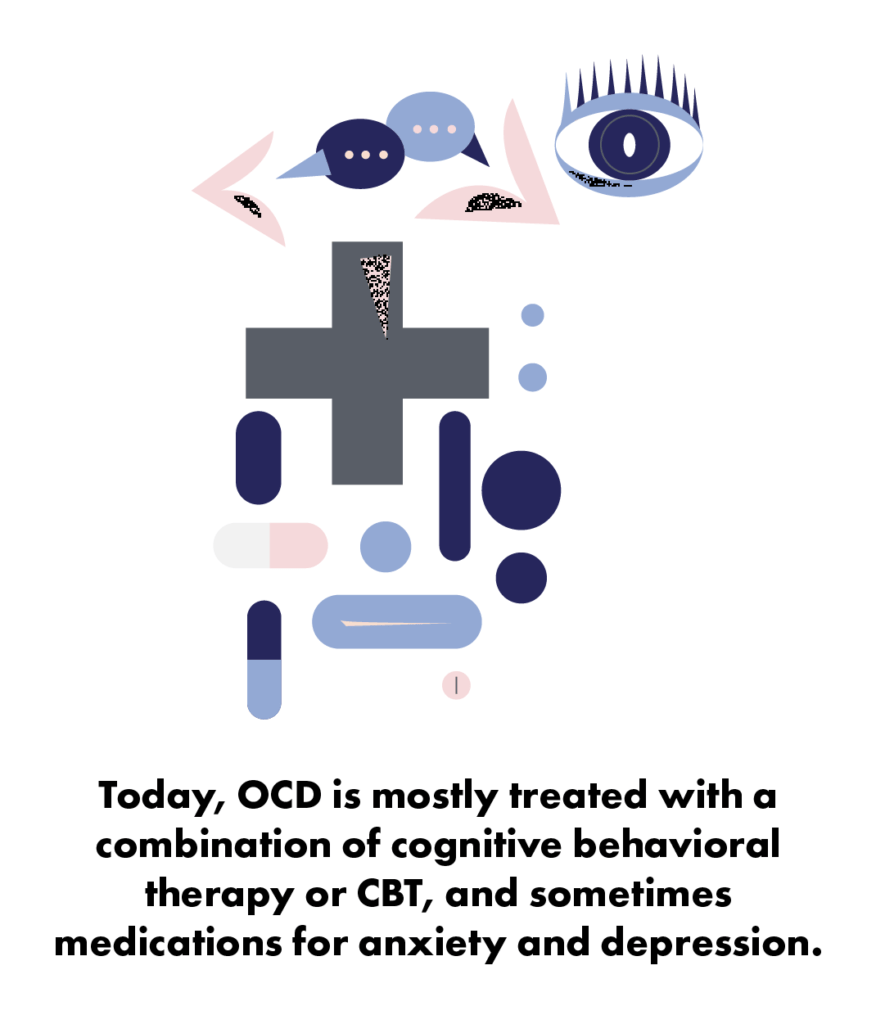Living with OCD can be difficult, especially if you do not get the right treatment. There are many different options for OCD treatment, and it can be hard to decide which one is right for you. This article will discuss the importance of getting treatment and will help you evaluate your options so that you can choose the right one.
Contents
Discussing the Importance of OCD Treatment
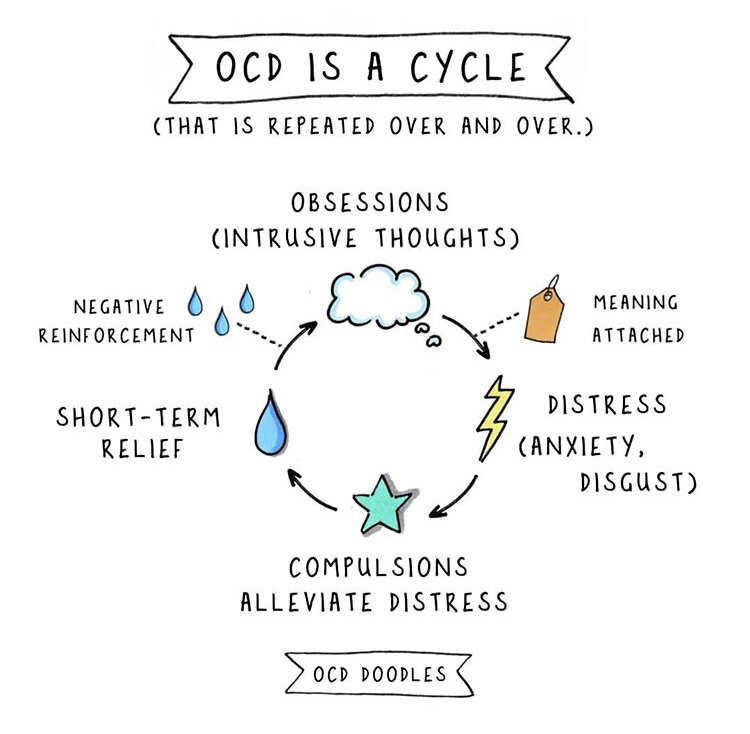
OCD can be a very debilitating disorder, and it can make it difficult to live a normal life. Thankfully, treatment can help you manage your symptoms so that you can live a more normal life. Thus, it is important to get treatment for OCD because it can help you manage your symptoms.
Without treatment, OCD can hurt your life. It can make it difficult to work or go to school, and it can cause problems in your relationships. However, treatment can also help you avoid the potentially serious consequences of not treating OCD, such as depression, anxiety, and suicide.
Stages of Response to OCD Treatment
There are four stages of response to OCD treatment: pre-contemplation, contemplation, action, and maintenance.
- Precontemplation is the stage where you are not considering treatment. This is usually because you do not think that you have a problem or because you do not think that treatment will help.
- Contemplation is the stage where you are considering treatment but have not yet made a decision. This is usually because you are not sure if treatment is right for you or because you are afraid of the side effects of treatment.
- Action is the stage where you have decided to get treatment and are taking steps to get it. This can be a difficult stage, as it can be hard to find the right treatment and stick to it.
- Maintenance is the stage where you are maintaining your treatment and working to keep your symptoms under control. This is the final stage of treatment, and it can be a lifelong process.
Is OCD Curable
There is no cure for OCD, but with treatment, most people with OCD can see a significant reduction in their symptoms. Some people may even be able to achieve remission, which means that they no longer have any symptoms of OCD. Albeit, some people with OCD may never be completely free of their symptoms. However, it is important to seek treatment as soon as possible, as OCD can worsen over time if it is left untreated.
Evaluating OCD Treatment Options
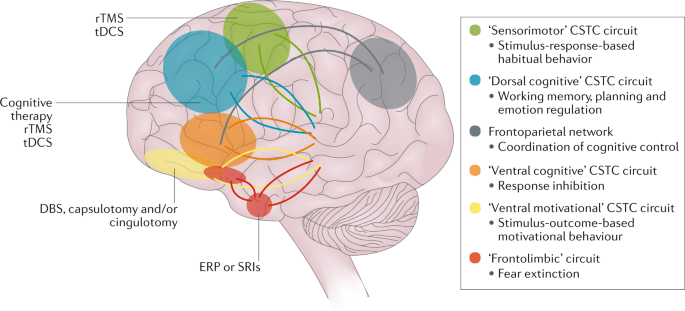
There are several different treatment options available for OCD, and it is important to evaluate them carefully before deciding which one is right for you.
Therapies
There are several different therapies available for OCD. Some of the effective therapies for OCD are:
- Cognitive-behavioral therapy (CBT) is a type of therapy that can help you change the way you think about your obsessions and compulsions.
- Exposure and response prevention (ERP) is a type of CBT that involves exposure to the things that trigger your OCD symptoms and then learning to resist the urge to perform compulsive behaviors.
- Acceptance and commitment therapy (ACT) is a type of therapy that can help you accept your thoughts and feelings without trying to change them.
Efficacy of Therapies
CBT and ERP are the most well-established and effective treatments for OCD. Several studies have shown that CBT can be effective in treating OCD. ERP has also been found to be an effective treatment for OCD, with one study showing that it can lead to significant improvements in symptoms. ACT has also been found to be helpful for some people with OCD.
Medications

Several different medications are being studied for the treatment of OCD, including:
- New SSRIs are a new class of antidepressants that are being studied for the treatment of OCD. These medications work by increasing levels of serotonin in the brain.
- Antipsychotics are a class of medication that is sometimes used for the treatment of OCD. These medications work by reducing levels of dopamine in the brain.
- Anticonvulsants are a class of medication that is sometimes used for the treatment of OCD. These medications work by reducing levels of serotonin in the brain.
- MAO inhibitors are a class of medication that is sometimes used for the treatment of OCD. These medications work by inhibiting the action of monoamine oxidase, an enzyme that breaks down serotonin and other chemicals in the brain.
Efficacy And Side-effects
- Studies on new SSRIs have shown mixed results. Some studies have found that they can be effective in treating OCD, while other studies have not found them to be effective.
- Antipsychotics can be effective in treating OCD, but they can also cause several side effects, such as weight gain, drowsiness, and dry mouth.
- Anticonvulsants can be effective in treating OCD, but they can also cause several side effects, such as dizziness, drowsiness, and headaches.
- MAO inhibitors can be effective in treating OCD, but they can also cause several side effects, such as headaches, dizziness, and nausea.
Brain Surgery
Brain surgery is an option for some people with severe OCD who do not respond to other treatments. The most common procedures are gamma knife surgery, deep brain stimulation (DBS), and transcranial magnetic stimulation (TMS).
- Gamma knife surgery is a type of radiosurgery that uses gamma rays to destroy the part of the brain that is responsible for OCD.
- DBS is a procedure in which electrodes are implanted into the brain and used to stimulate the areas that are responsible for OCD.
- TMS is a type of brain surgery that uses magnetic fields to stimulate the brain and is being studied as a potential treatment for OCD.
Efficacy And Side-effects
Brain surgery is generally only considered when other treatments have failed. The efficacy of these procedures is still being studied. Side effects of brain surgery can include:
- risk of infection and stroke,
- changes in personality,
- memory problems, and
- seizures.
However, people who have brain surgery for OCD do not necessarily experience these side effects.
Glutamate And Potential New OCD Medications
Glutamate is a neurotransmitter that is involved in the development of OCD. Thus, Glutamate antagonists work by blocking the action of glutamate, a chemical in the brain that is thought to be involved in OCD.
Efficacy And Side-effects
Several new medications that target glutamate are being studied for the treatment of OCD, including:
- Topiramate
- Amantadine
- Memantine
Side effects can include nausea, headaches, and dizziness.
Choosing The Right Treatment Option
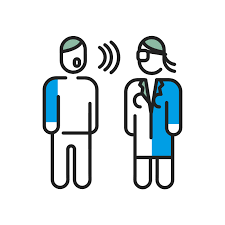
There are several factors to consider when choosing a treatment option for OCD. The best treatment option for you will depend on several factors including:
- your age
- some preferences
- your family history
- the severity of your OCD
- your other medical conditions
- your response to previous treatments.
NOTE: Your doctor can help you evaluate the available treatment options and make a decision about which one is right for you. Remember, the most important factor in your treatment success is you. Though treatment for OCD can be difficult, it is important to be prepared for the challenges you may face.
The Need for Medical Integration
It is important to seek treatment from a doctor who specializes in the treatment of OCD. The best way to find a qualified doctor is to ask for referrals from your family doctor or mental health professional.
When choosing a treatment provider, it is important to make sure that they are familiar with the latest treatment options and research. You should also make sure that they can provide you with a comprehensive treatment plan that includes both medication and therapy.
Outpatient Vs. Inpatient Treatment Options
There are two main types of treatment options for OCD: outpatient and inpatient.
- Outpatient treatment options include CBT, ERP, and medication.
- Inpatient treatment options include intensive outpatient programs, residential treatment programs, and hospitalization.
Treatment Type Recommendation
- Intensive outpatient programs are typically recommended for people who have not responded to outpatient treatment.
- Residential treatment programs are typically recommended for people who have severe OCD or who are at risk of harming themselves or others.
- Hospitalization is typically only recommended for people who are a danger to themselves or others.
Giving a Thought To Stepped Care Treatment Model For OCD
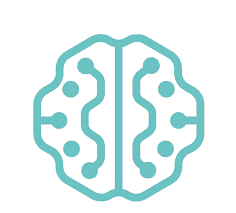
The stepped care model for OCD means that you will start with the least intensive treatment and then move on to more intensive treatments if needed. The first step is usually self-help or talking therapy, and the second step is medication. If these treatments do not work, you may need to try more intensive treatments such as brain surgery.
- Self-help: This is the least intensive treatment and can be done at home. It includes things like reading books or articles about OCD, doing relaxation exercises, and keeping a journal.
- Talking therapy: This is a more intensive treatment than self-help, but it is still not as intense as medication or brain surgery. Talking therapies include things like cognitive behavioral therapy (CBT) and exposure and response prevention (ERP).
- Medication: Medication is more intensive than talking therapy, but it is still not as intense as brain surgery. Medications for OCD include antidepressants, antipsychotics, and anti-anxiety medications.
- Brain surgery: This is the most intensive treatment for OCD. It is usually only considered when other treatments have not worked. There are two types of brain surgery for OCD: gamma knife surgery and deep brain stimulation (DBS).
Conclusion
OCD is a serious mental illness that can cause a great deal of distress and disruption in your life. However, with treatment, most people with OCD can see a significant reduction in their symptoms. There are several different treatment options available, so it is important to work with your doctor to find the one that is right for you.
If you are looking for affordable Online OCD Counseling MantraCare can help: Book a trial OCD therapy session
You can also visit OCDMantra offering effective online OCD treatment in the world by top OCD therapists.
